Caring for your Fly Rod
If you’re new to fly fishing, there’s a lot to learn: casting, knots, reading the water, setting the hook… But caring for your new equipment is just as important if you want to have it around for years. Here are a few tips to keep in mind when you’re handling your rod both on and off the river:

Cleaning Your Fly Rod (and Other Gear!)
After getting home from a weekend of fly fishing, cleaning your gear might (understandably) be the last thing on your mind. But a fly rod is an investment—one that’s meant to last a lifetime, assuming you take proper care of it.
Cleaning your rod can be as simple as running some fresh water over it after a day of hard fishing. Take a moment to look the ferrules over, removing any sand, dirt, or mud that might’ve gotten trapped inside. You can keep the threads of your reel seat clean and free of debris by wiping it with a soft cloth. All told, this process adds a few extra minutes to the end of the day—and the longevity of your fly rod is well worth it.
Keep in mind that cleaning your rod becomes extra important after fishing in a saltwater environment. Without proper washing and maintenance, saltwater will lead to corrosion (and ultimately the breakdown) of your fly rod and other gear.
It’s also a good idea to wax your fly rod a few times each season, especially before storing it for a long period of time. We like to use Riley’s Rod Wax or Pledge; just make sure you don’t get any wax on the male ends of the ferrules. Waxing your fly rod will increase your casting distance and make your rod look new again!
Rookie Moves to Avoid
Rookie move #1: Laying your rod on the ground. Always find a place to prop it up or ask someone to hold it. People, dogs, horses, etc., are used to walking on sticks. They are not used to walking around with fly rods lying on the ground.

Rookie move #2: Propping your fly rod upright next to any door—house and car doors are a fly rod's Grim Reaper! If you are around a vehicle, just lift the windshield wiper and set your rod on the windshield while holding it in place with the wiper.
Rookie Move #3: Putting your fly rod in the bed of a truck and slamming the tailgate on it or letting the rod get into the tailgate joint where it closes against the body of the truck. Be careful around tailgates. Yes. We’ve all driven down a dirt road with a fly rod in the bed of the truck leaning out over the top of the tailgate, but do it properly—don’t be a Rookie!
Rookie Move #4: Holding your rod anywhere other than the handle. Fly Rods are designed to have a full flex from the handle to the tip. If you hold the rod somewhere along the body while lifting a fish for a picture, for instance, there’s potential for the rod to flex in ways it’s not supposed to. That flexion can leave it vulnerable to snapping above the point where you’re holding the rod.
Ferrules
When assembling the rod, it's vital to ensure the alignment dots are correctly matched before firmly pushing the pieces together. If you push the pieces together tightly and then twist to align the dots, you risk damaging the rod. Fly rods are designed to flex up and down—not for twisting pressure.

Loose ferrules are another cause of broken rods. If they are not fitted snuggly together, the flexion of the rod is again disrupted, placing undue stress on that connection point. Loose ferrules are generally caused by not being tightened down effectively, though dirt and grime could also be preventing the ferrule from fitting together properly. As mentioned above, avoid waxing the ferrules—this will cause the ferrule to slide apart when casting.
If you ever find yourself struggling to pull the ferrules apart, there’s a few simple steps you can take. Get the ferrule as cold as you can. Wrapping it in an ice-filled towel or zip-lock bag often does the trick. Once it’s nice and cool, try to pull the sections straight apart. We recommend using rubber gloves or something with a similarly grippy surface. This will help prevent your hands from sliding and damaging guides. Using two people can also be helpful, but be sure to keep the rod straight to avoid damaging it. Whatever method you decide to use, always avoid excessive force!
And lastly, don't forget, we have a Father's Day Sale running right now through June 16th: 25% Off All Fly Rods!
Questions? Comments? Tales of your own rookie fly fishing mistakes? Tell us about them in the comments section below!

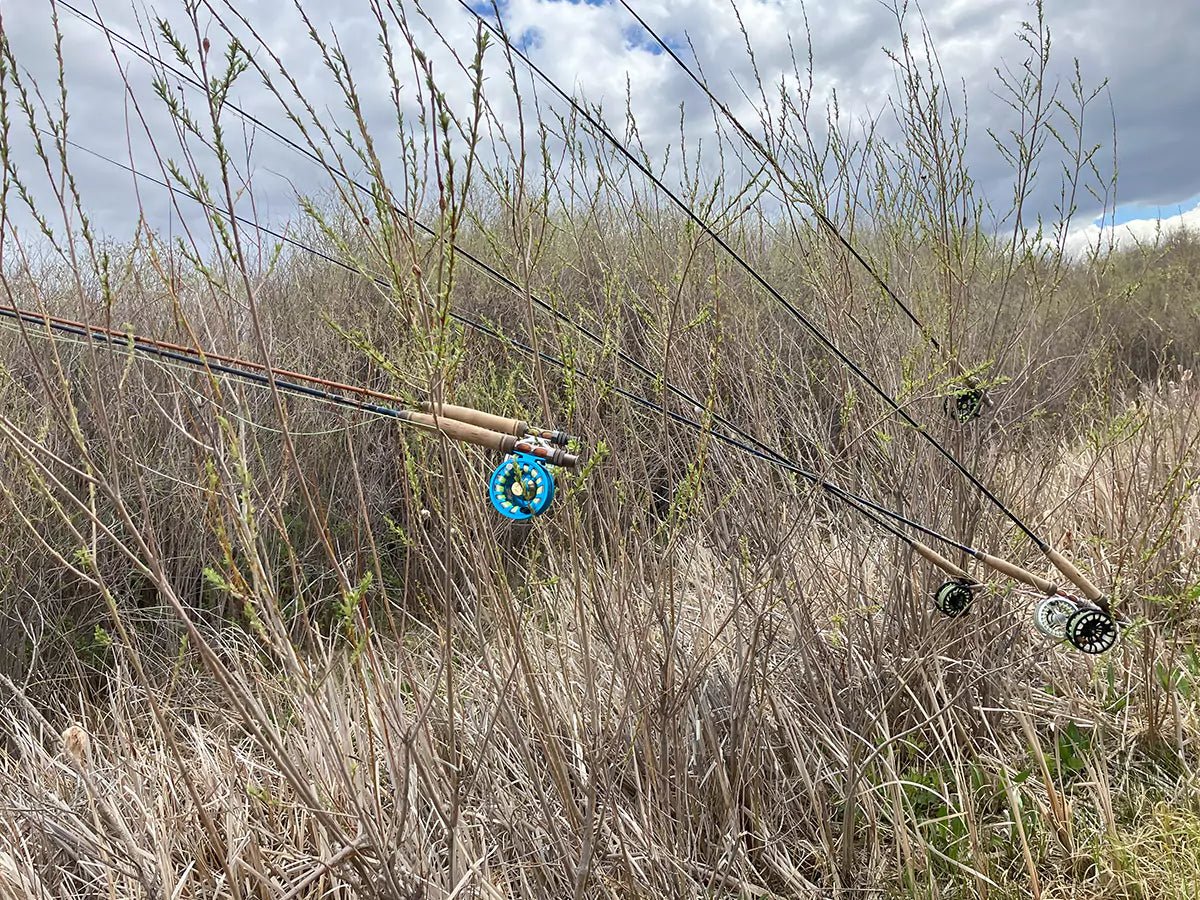
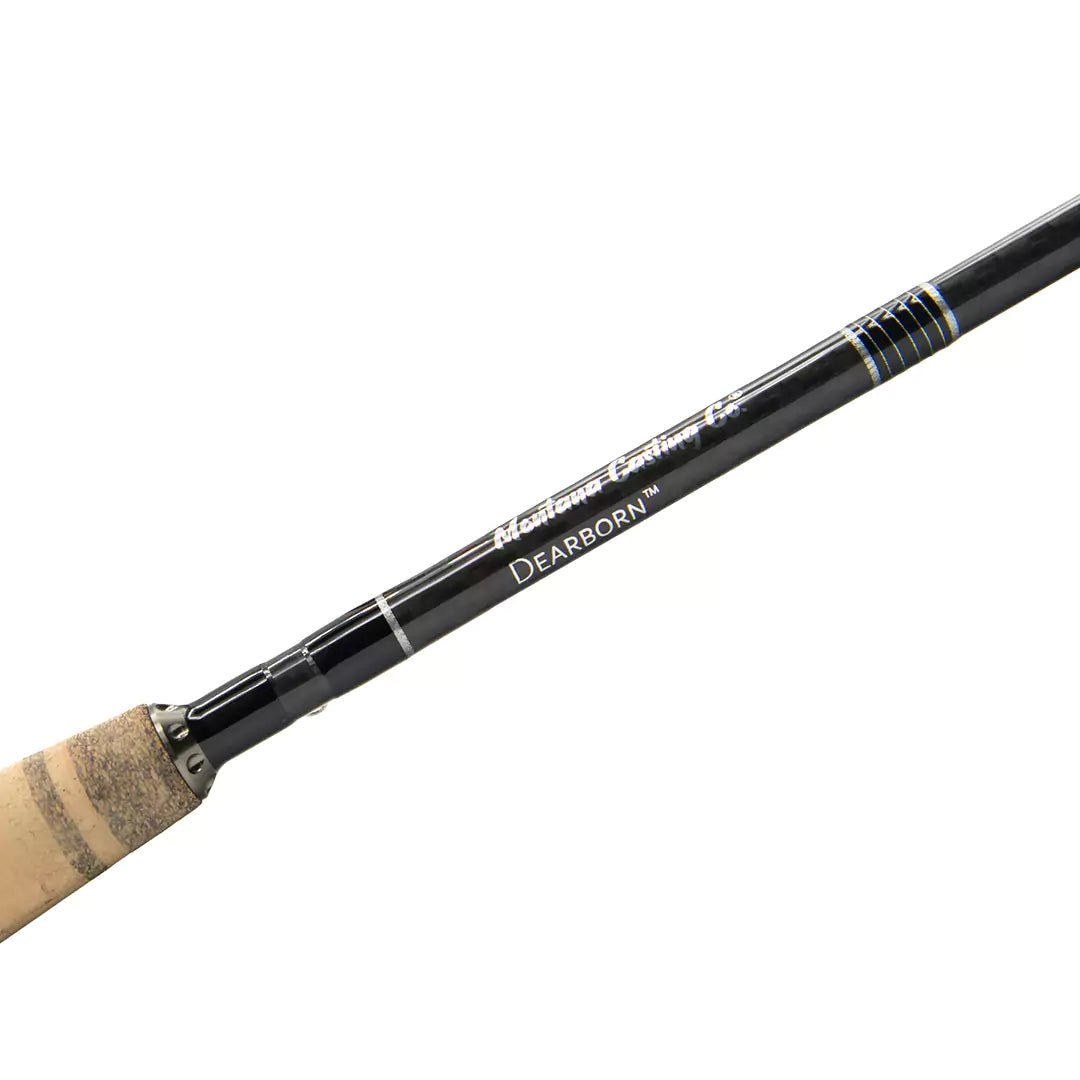
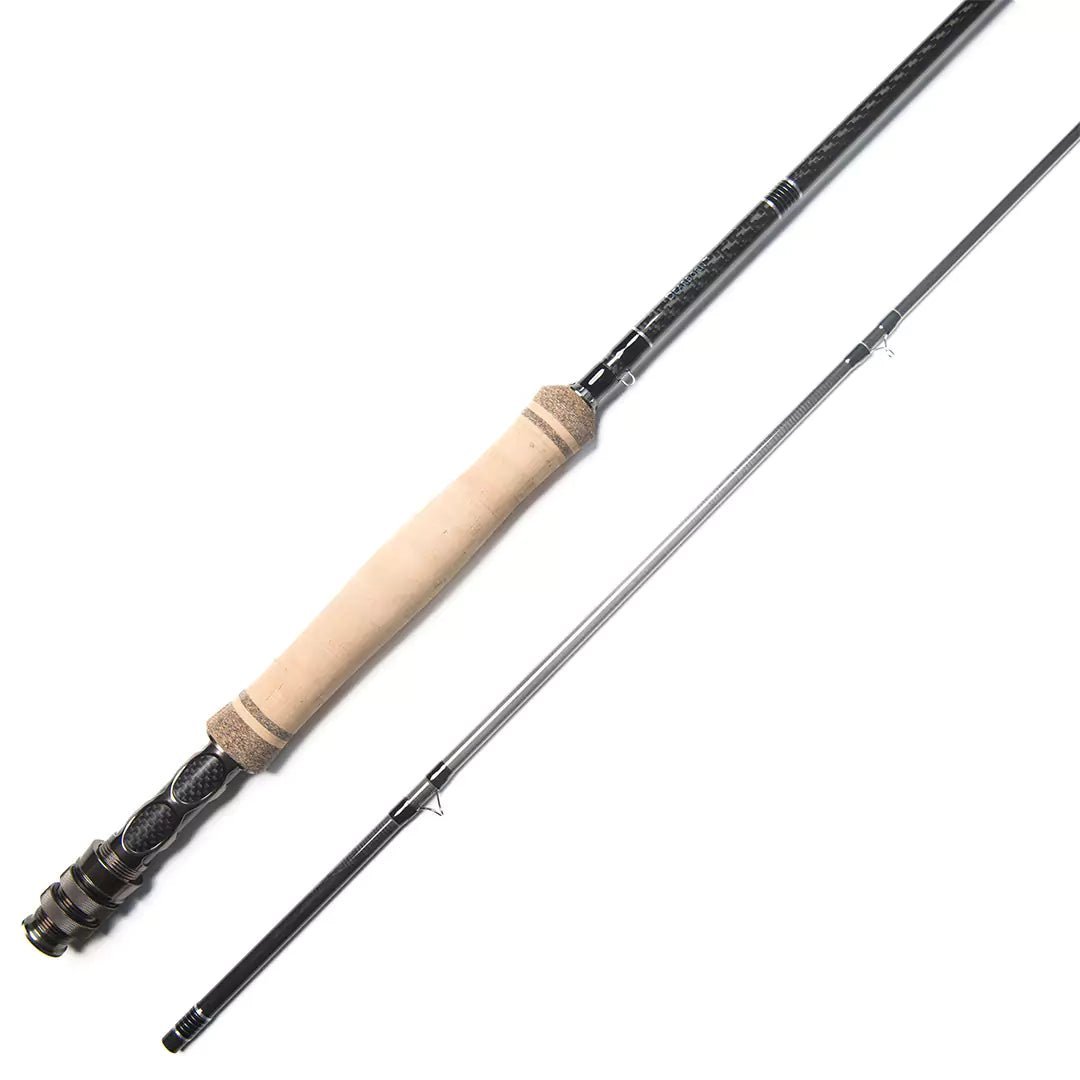
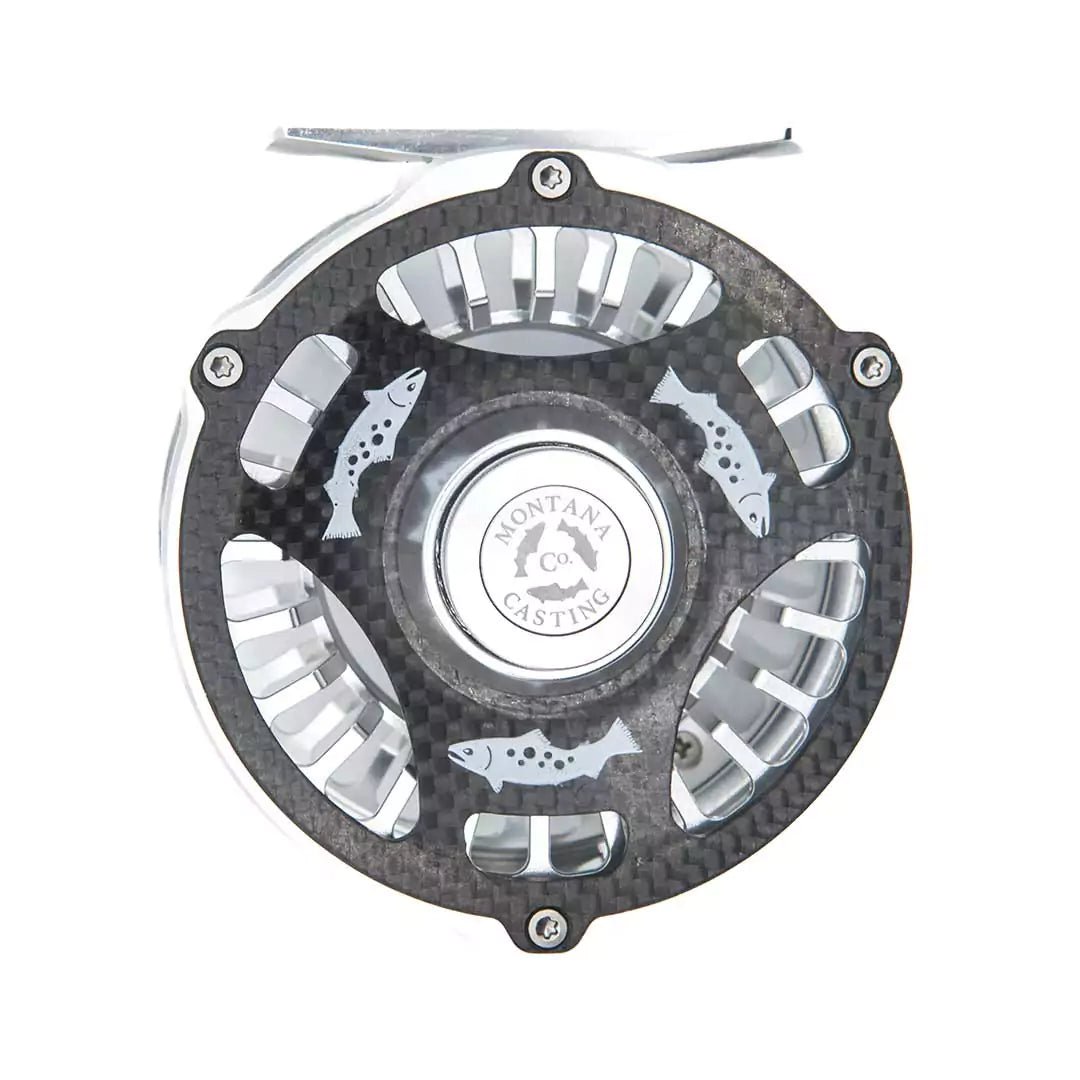
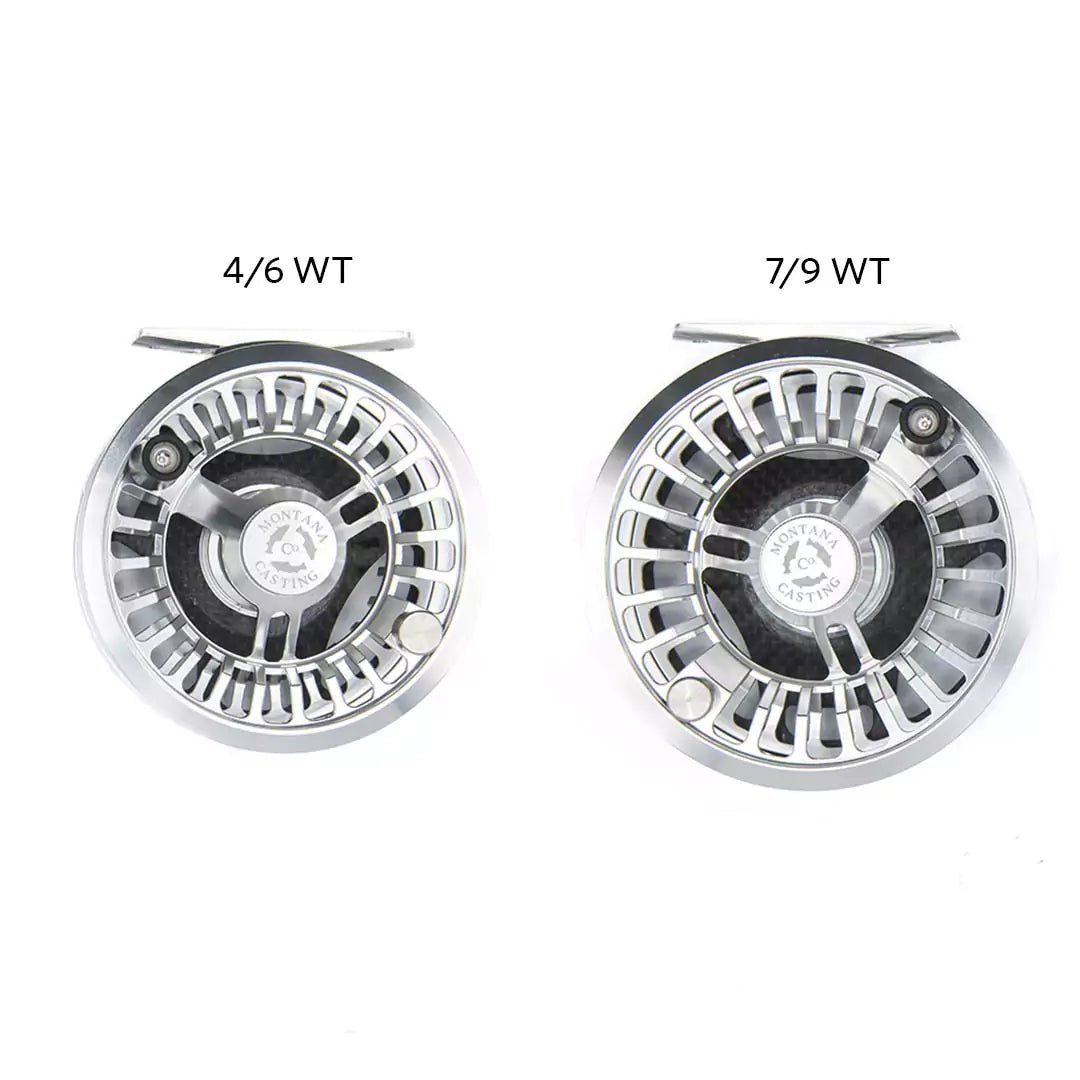
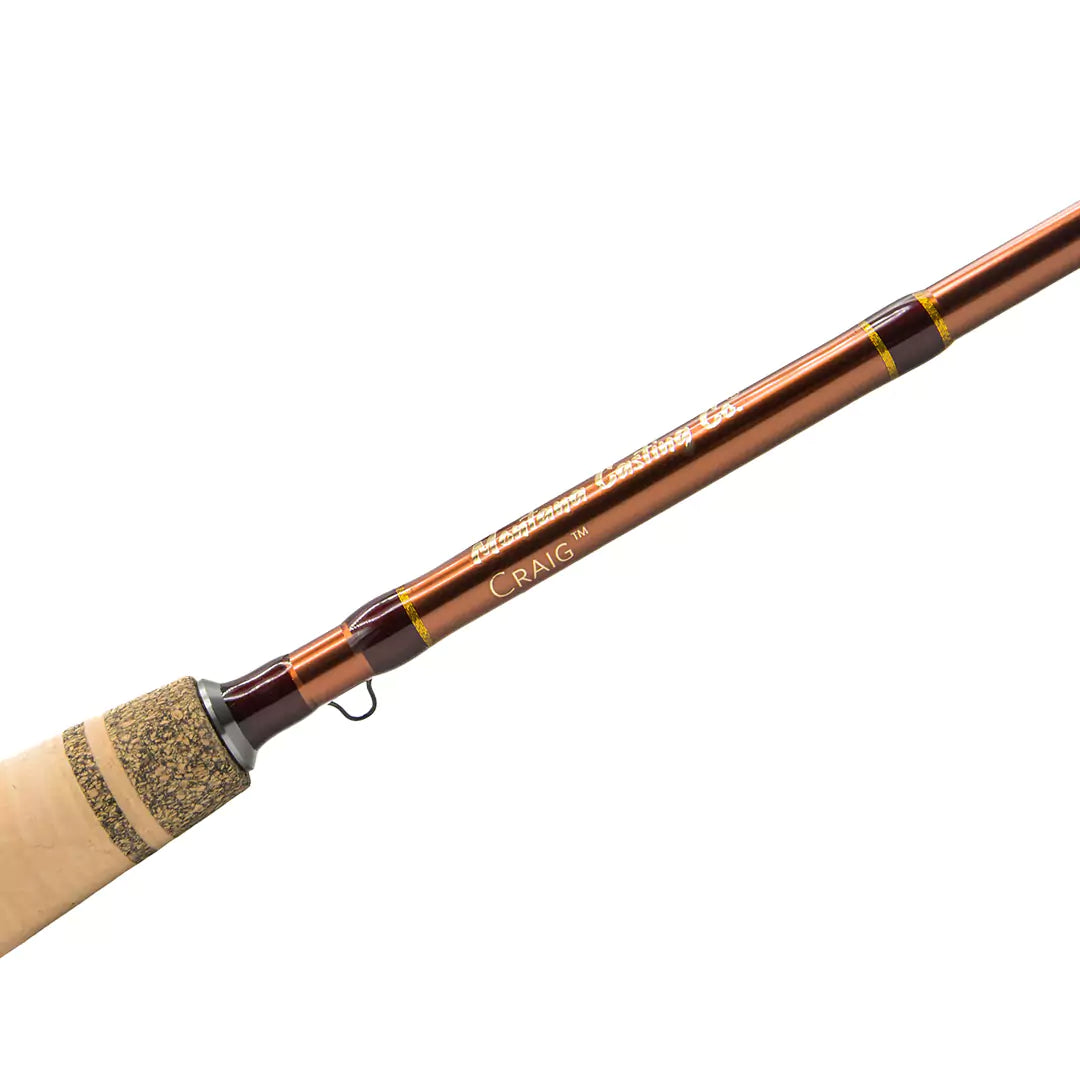
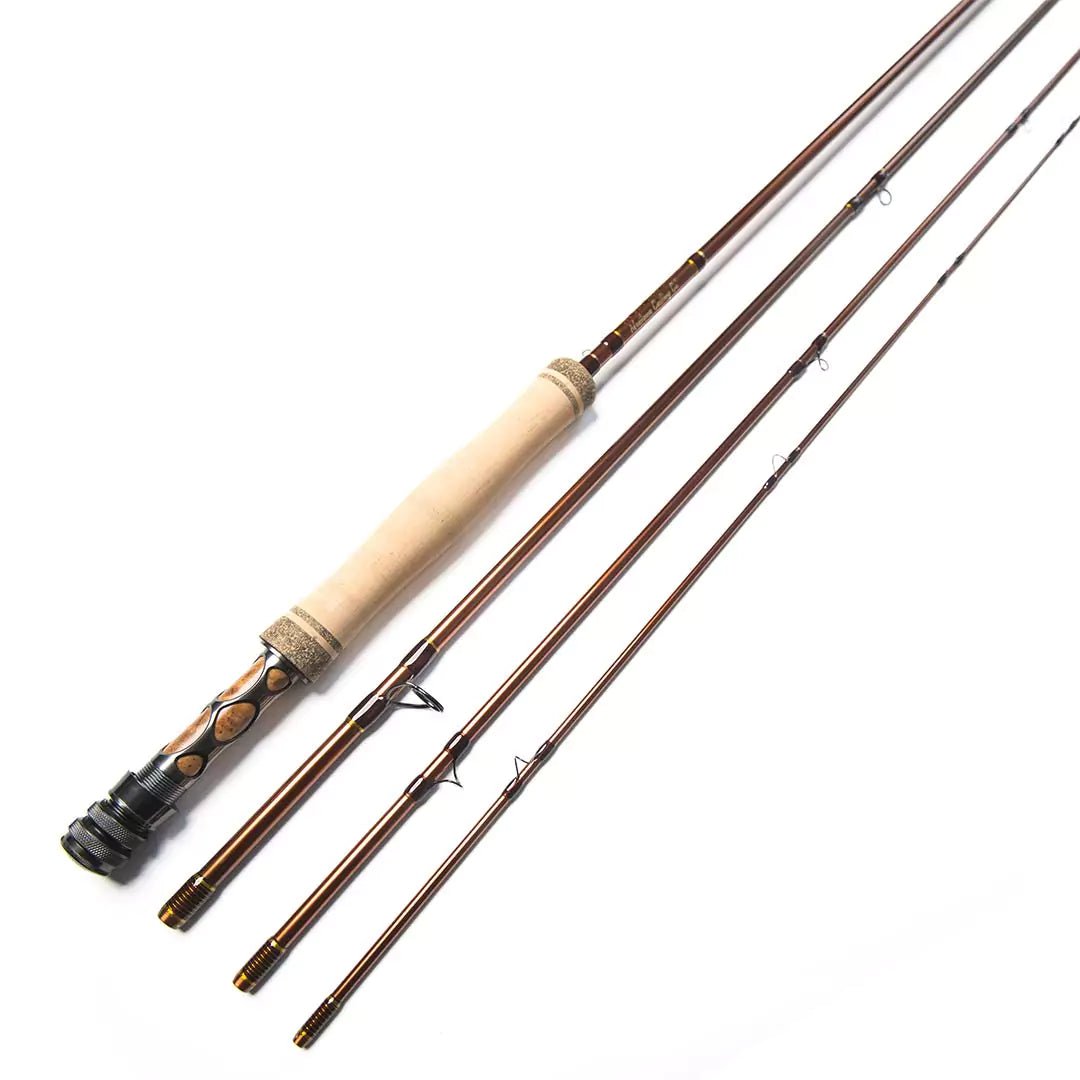
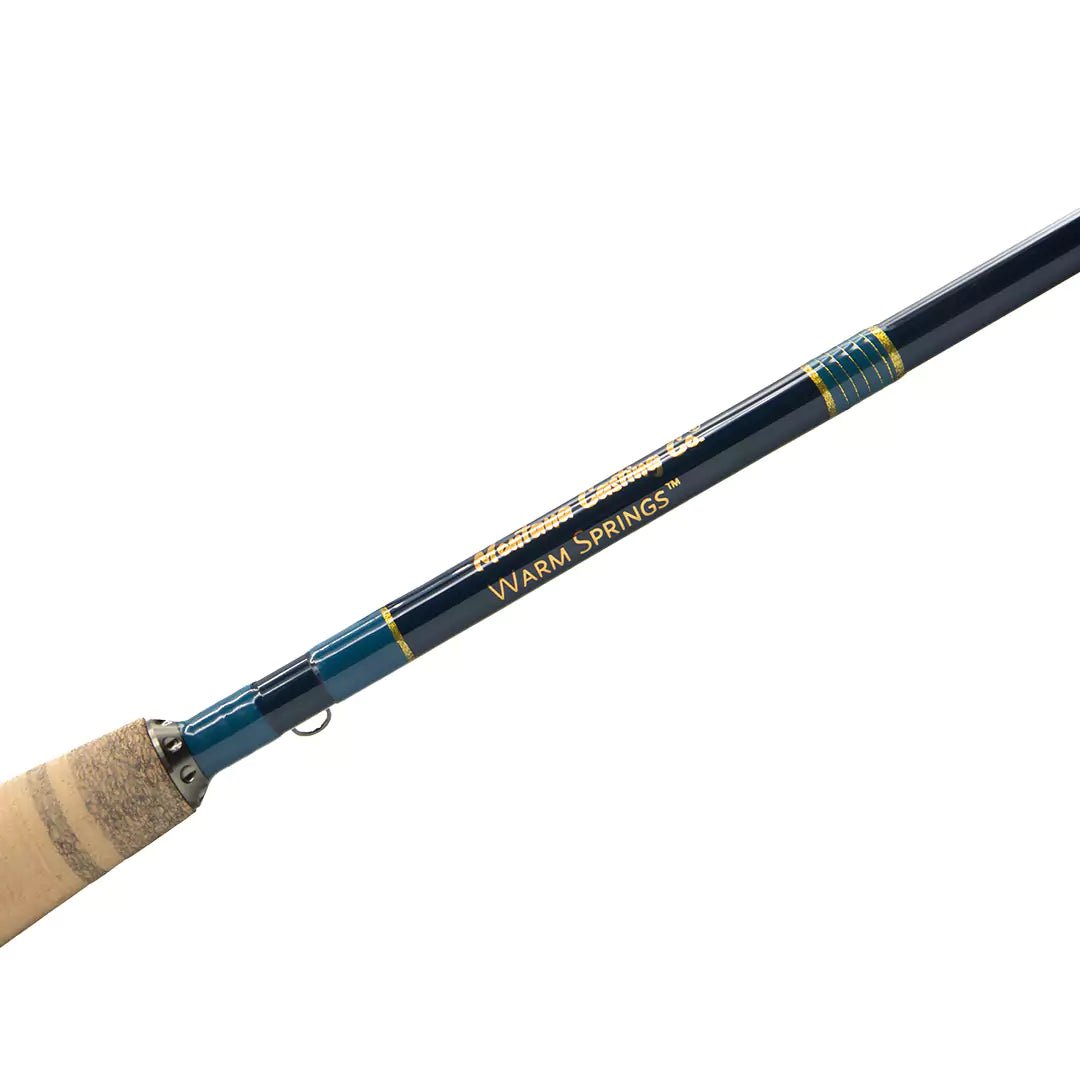
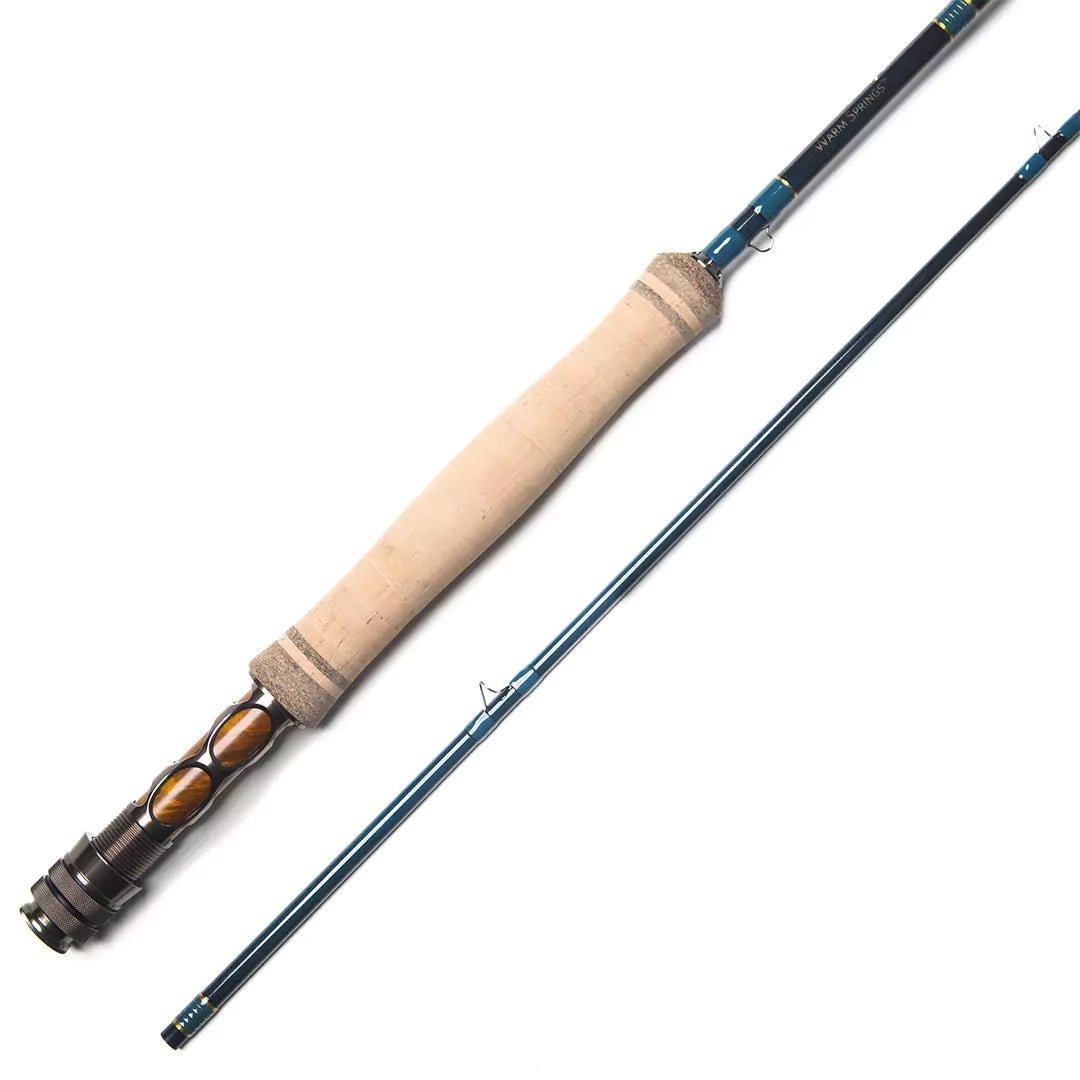
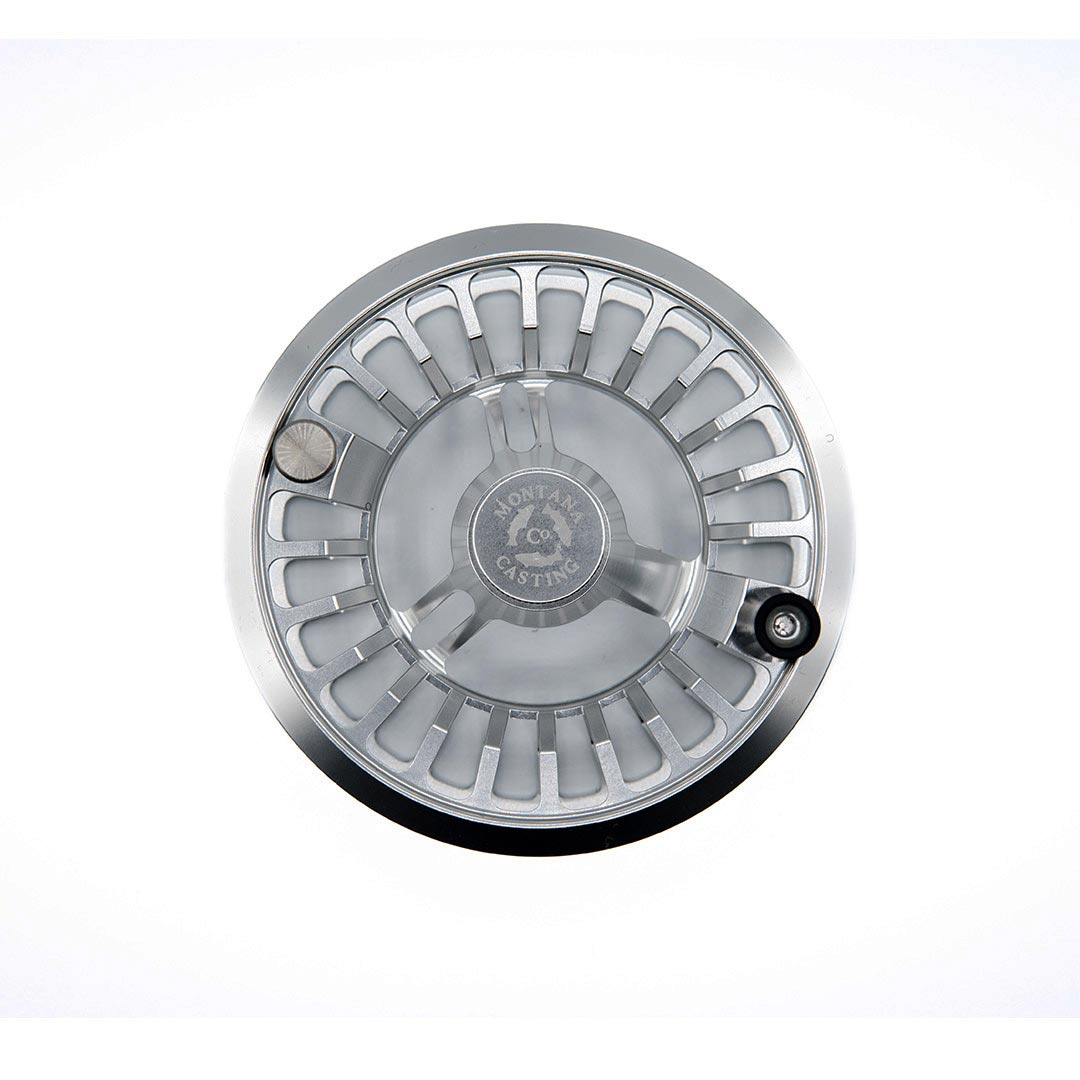
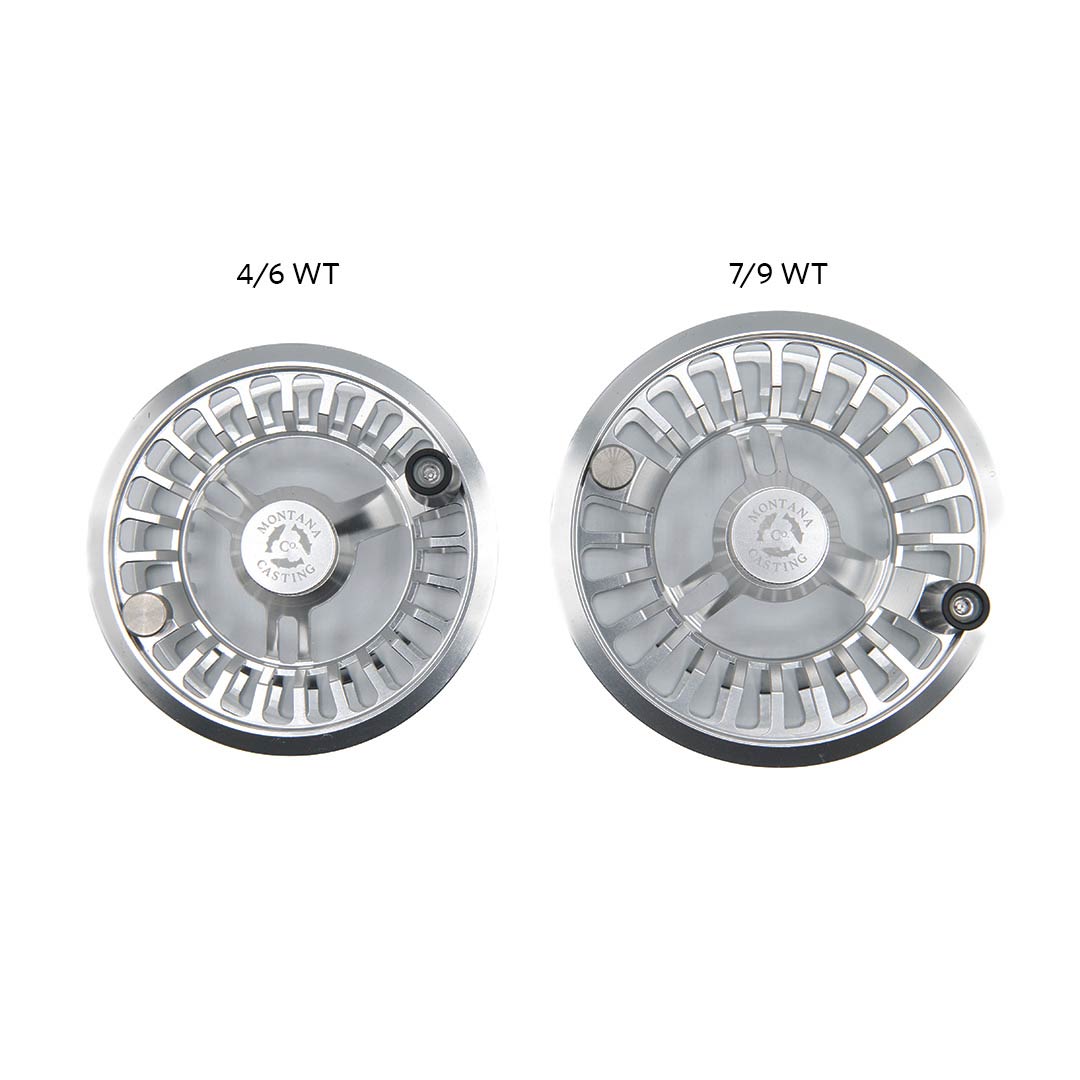
0 comments